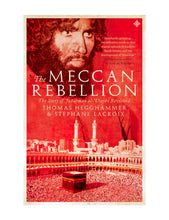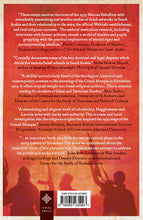In November 1979, Juhayman al-Utaybi and his fellow rebels took over the Grand Mosque in Mecca, the holiest sanctuary in Islam, beginning what would become one of the most spectacular events in the modern history of Saudi Arabia. By the end of the siege, the Grand Mosque was drenched in blood and its rebel leader and his co-conspirators were shortly beheaded for their crime. Three decades later, the name of the rebel leader is taboo in Saudi Arabia and his writings are banned; much about this event is still misunderstood. As the initial days of the siege elapsed, many Muslims believed that it was a US-led assault on Islam, and even now, many in the Muslim world believe that the Iranians were responsible for the sacrilege. Today, many important questions remain unanswered. Who were the rebels, and what did they want? Why and how did Juhayman’s group come into existence? What was Juhayman’s ideological legacy and how have his writings influenced contemporary Islamist strains? Based on new information gathered from extensive fieldwork in Saudi Arabia and elsewhere, this publication sheds light on the story and legacy of Juhayman al-Utaybi.
Thomas Hegghammer, Stephane Lacroix




